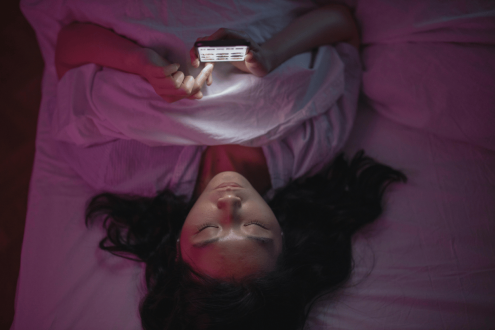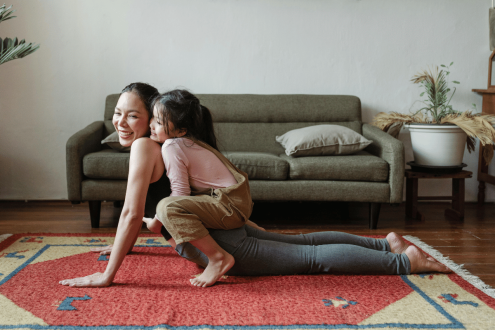Wake up happier
Every month in our Mind Experiment, Martha Roberts invites you to road-test research on feeling good

The project
Sleep can set us up for a productive day but it can also make for a happier life, too.
The aim
The key to a good night’s sleep for increased happiness and enhanced wellbeing isn’t just about getting the right number of hours, it’s about the quality of the sleep, too.
The theory
Having too little sleep is bad for us. In a 2009 study, different groups of people were given different sleep times for two weeks: eight hours, six hours, four hours and total sleep deprivation. People who slept six hours a night for 10 days had similar lapses in performance to those who were completely sleep deprived for one day.
When David Dinges and colleagues deprived subjects of sleep in 1997, they found that those who got fewer than eight hours per night experienced impaired memory, reduced ability to make decisions and dramatic lapses in concentration. Too little sleep has also been linked to increased risk of car crashes, poor work performance and problems with mood and relationships.
Research carried out by Taylor et al in 2005* concluded that insomnia often goes hand in hand with depression and anxiety and also increases the risk of developing a mood disorder, according to 2011 research.
But it’s not just too little sleep that’s problematic – the quality of the sleep matters, too. In 2010 Baglioni et al concluded that poor sleep is related to high levels of negativity while good sleep led to more positive feelings and emotions. And in a 2014 study of a group of women, researchers found the better the quality of sleep, the happier the women were the next day. In other words, adequate amounts of good quality sleep can make us happier.
Try it out
How can we achieve a better night’s sleep?
- Think positive. A 2013 Cornell University study found that having a more positive general outlook on life was associated with improved sleep quality. So thinking about the good things in your life, reading a feel-good book or watching a programme that boosts your mood before you go to sleep could help you achieve better shut-eye. Finding that difficult? Think yourself sleep satisfied – a study at Colorado College last year found that telling people they’d had a deep sleep (so-called ‘placebo sleep’) helped them function better than those who thought they’d slept poorly.
- Sleep in a darkened room. An Ohio State University study found that after four weeks of sleeping in a 5-lux glow (the equivalent of nightlights, streetlights, a TV or computer screen), levels of the feel-good hormone melatonin were suppressed and changes observed in the hippocampus of the brain (which plays a key role in depressive disorders).
- Avoid challenging viewing before bed. People who were shown disturbing images at bedtime had strong reactions both before and after sleeping, according to research published in The Journal of Neuroscience in 2012. If you view negative images, stay awake for a bit – doing this neutralises some of the emotion while going to sleep helps to ‘preserve’ the emotional response.
- Wake up to flowers. A 2006 study led by Harvard Medical School psychologist Nancy Etcoff found that women who saw flowers when they woke up reported feeling happier and less anxious at home, as well as more energetic at work.
MARTHA ROBERTS is an award-winning UK health writer and mental health blogger at mentalhealthwise.com
More inspiration:
Read What is your chronotype? by Eminé Ali Rushton on LifeLabs
Watch Psychologies' editor Suzy Greaves interview Karen Ruimy on How to find inner peace in 2015 on LifeLabs
Photograph: plainpicture/Cultura









